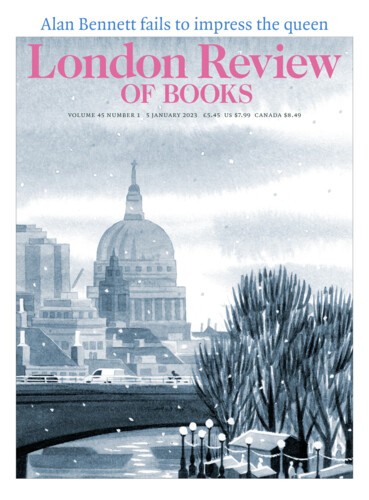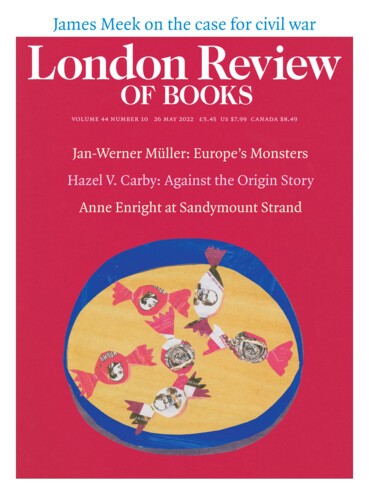Underwater Living
James Meek, 5 January 2023
The Quadrant is in what the Environment Agency defines as Flood Zone 3a, land with a high probability of flooding, though this doesn’t take sea defences into account. When construction began, the site was, on average, barely two metres above sea level, and four metres below the level the Haven rose to during the 2013 storm. I have to dwell for a bit on the weirdness of that last sentence. It has ‘sea level’ both as a constant and as a value that goes up and down all the time. Human life and property by the trillion dollarload hang on the millimetre margins of the concept of ‘sea level’, but a closer look makes a seemingly hard-edged measure complex and uncertain. It turns out we’re all flat earthers by instinct. If I think about the concept of sea level hard enough, I experience disorientation, almost motion sickness, as awareness grows that I’m not living on solid ground but on a sinking chunk of planetary crust, on the surface of a not-really-spherical spinning globe, at the mercy of the nearest star, two icecaps and a capricious moon that sloshes the oceans to and fro like a child rocking in an over-filled bath.





